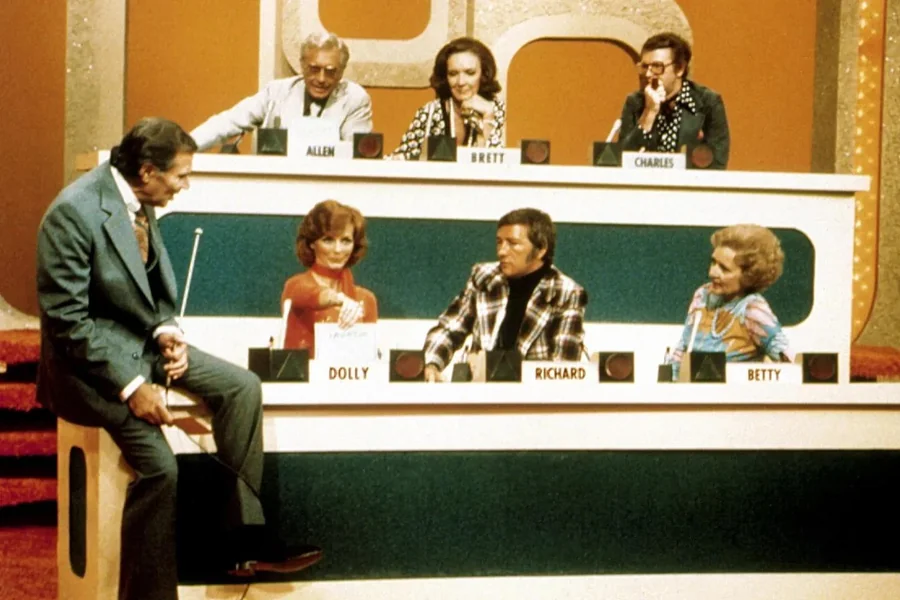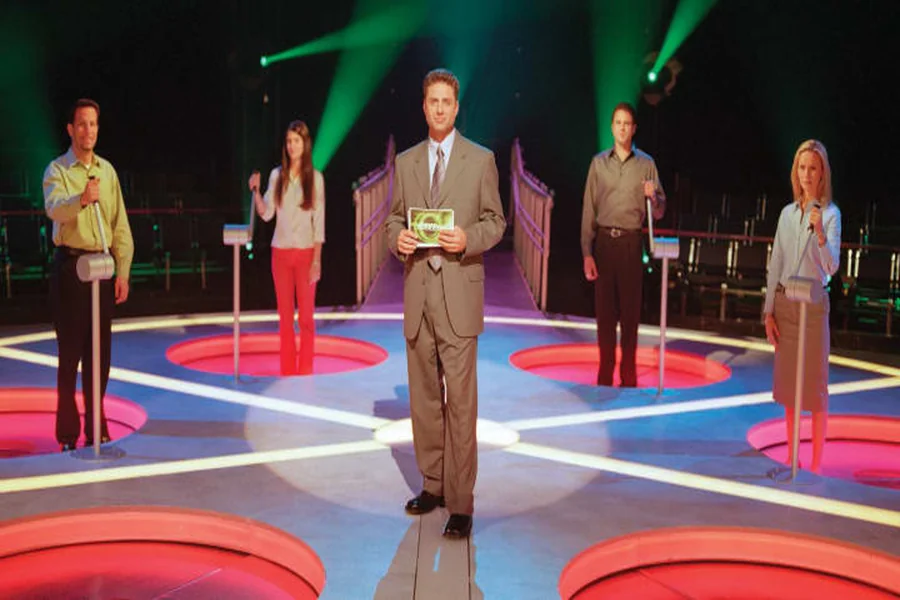In a world dominated by streaming services, binge-watching, and high-budget reality TV, it’s easy to assume that old-school game shows would fade into irrelevance. However, these classic TV gems continue to captivate audiences across generations, proving that their enduring appeal goes far beyond nostalgia. Let’s explore why old-school game shows remain relevant, the factors that contribute to their lasting popularity, and what makes them stand out even in the modern entertainment landscape.
Timeless Entertainment That Transcends Generations
Old-school game shows like The Price Is Right, Jeopardy!, Wheel of Fortune, and Family Feud have achieved what few shows manage to accomplish: multi-generational appeal. These programs have been part of family routines for decades, often watched by parents, grandparents, and children alike. Their easy-to-understand formats, combined with a predictable structure, make them a perfect choice for casual viewing and family bonding.
In a media landscape cluttered with complex storylines and heavy drama, the simplicity of old-school game shows is refreshing. They offer a sense of comfort and nostalgia, evoking memories of school holidays, snow days, or evenings spent with loved ones. This emotional connection ensures that these shows continue to resonate with viewers, regardless of age.
Engaging Formats That Never Grow Old
One of the key reasons old-school game shows remain relevant today is their timeless formats. Whether it’s guessing the price of household items, solving word puzzles, or answering trivia questions, these shows are built on simple yet engaging premises that remain universally appealing.
For instance, The Price Is Right taps into the universal thrill of consumer culture, allowing contestants to guess prices and win everyday items. Jeopardy! challenges contestants’ general knowledge, providing a unique blend of education and entertainment. Wheel of Fortune offers the perfect mix of luck and skill, as contestants solve word puzzles for cash and prizes. These formats are easy to understand, fun to watch, and instantly addictive, making them ideal for audiences seeking lighthearted entertainment.
Live Audience Energy and Interactive Appeal
A defining feature of old-school game shows is their live studio audiences, which create an electric atmosphere that is difficult to replicate in pre-recorded streaming content. The cheering, clapping, and laughter from the crowd add an authentic sense of community, making viewers at home feel like they’re part of the action.
This interactive element extends beyond the studio, too. Many game shows invite home viewers to play along, guessing answers or shouting at the screen, which fosters a sense of participation and inclusivity. In today’s digital age, where much of our entertainment is solitary and on-demand, this communal experience is a refreshing change that keeps old-school game shows relevant.
Charismatic Hosts and Memorable Personalities
Game show hosts have always played a crucial role in the success of these programs. Icons like Bob Barker, Alex Trebek, and Pat Sajak became household names thanks to their charm, wit, and ability to connect with contestants and audiences alike. Their personalities infused these shows with a sense of warmth and familiarity, making viewers feel as though they were spending time with an old friend.
In an era where authenticity is increasingly valued, these charismatic hosts continue to resonate. Even after their retirement or passing, their legacies endure through reruns, memes, and the continued popularity of the shows they helmed. The enduring affection for these hosts ensures that audiences keep tuning in, drawn by the familiar faces that defined their viewing experiences.
Nostalgia Meets Modern Reinvention
While nostalgia is a powerful factor in the relevance of old-school game shows, many of these programs have also reinvented themselves to stay current. From updated sets and graphics to celebrity-themed episodes and special tournaments, these shows have evolved to capture the attention of modern viewers while preserving their classic charm.
For example, Jeopardy! has introduced themed weeks and special tournaments featuring champions, teachers, and college students, bringing a fresh twist to the familiar format. Wheel of Fortune frequently hosts celebrity weeks and special events that attract younger audiences. Even The Price Is Right has embraced modern technology, integrating social media and interactive apps to engage viewers in new ways. This blending of tradition and innovation ensures that old-school game shows remain relevant in the digital era.
Accessibility in the Streaming Age
Another reason these shows continue to thrive is their accessibility. While many people still watch game shows on traditional broadcast TV, streaming platforms and digital channels have made it easier than ever to watch these shows on-demand. Platforms like Pluto TV, Hulu, and YouTube offer entire seasons or highlight clips, allowing viewers to enjoy their favorite game shows whenever and wherever they like.
This accessibility ensures that old-school game shows remain part of the cultural conversation, even as entertainment consumption habits evolve. Younger generations, who might have missed the heyday of these shows, can now discover and appreciate them alongside their parents and grandparents.
Community and Connection in a Fragmented World
In a time when the world often feels divided and fragmented, old-school game shows provide a sense of unity and shared experience. These shows are often watched together by families and friends, creating moments of laughter, excitement, and friendly competition. Unlike some modern reality shows that thrive on conflict and drama, old-school game shows celebrate camaraderie, good sportsmanship, and the joy of winning—even if it’s just from the comfort of your couch.
This feel-good factor is a big reason why viewers keep returning to these shows. They offer a wholesome escape from the stresses of daily life, reminding us of the simple pleasures of playing along, cheering for strangers, and maybe even imagining ourselves as contestants.
Conclusion
Old-school game shows have stood the test of time because they combine timeless entertainment, engaging formats, charismatic hosts, and a sense of community that resonates deeply with viewers. Their ability to adapt to modern audiences while maintaining their core appeal ensures that they will continue to be a beloved part of the television landscape for years to come.

